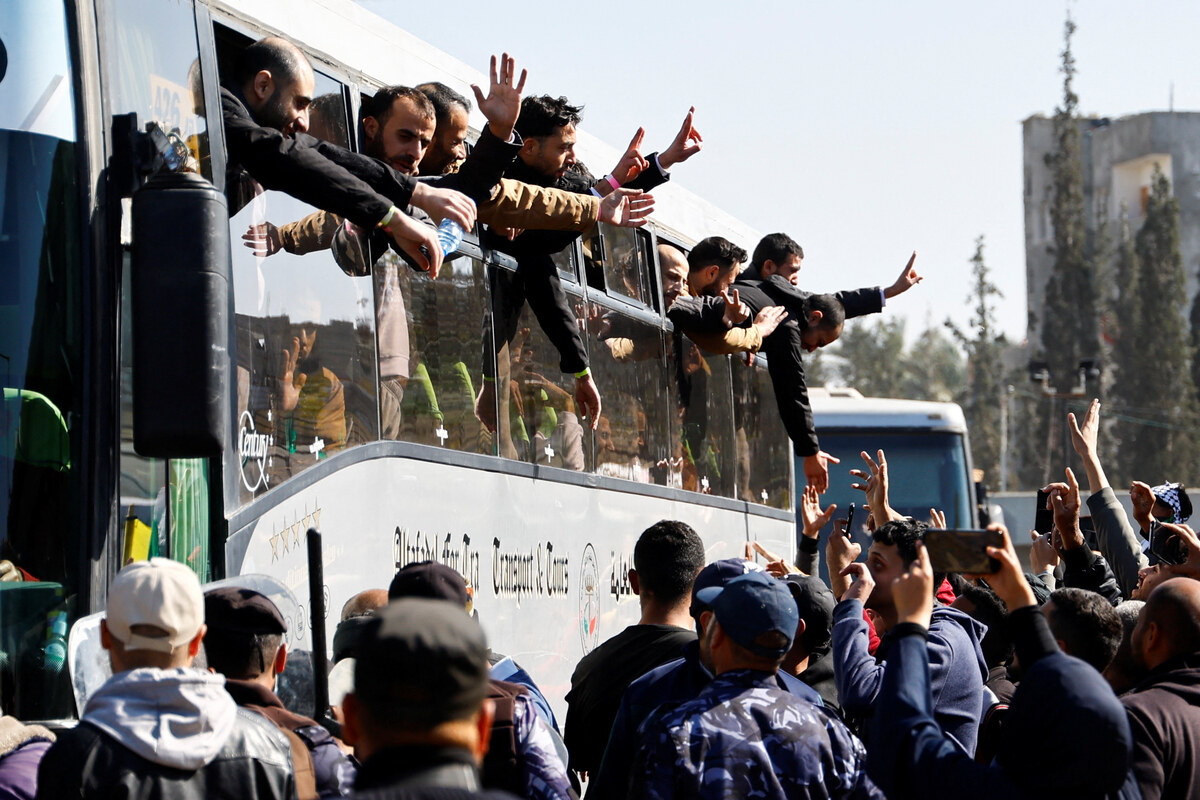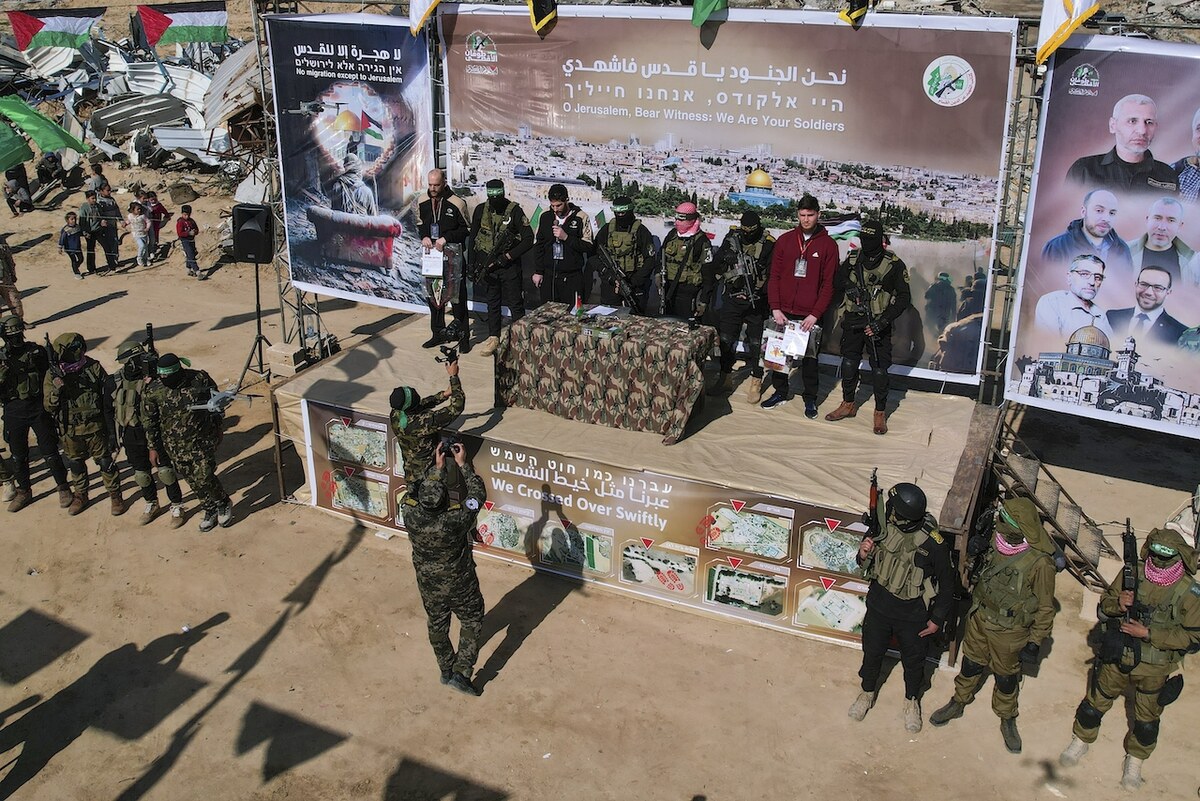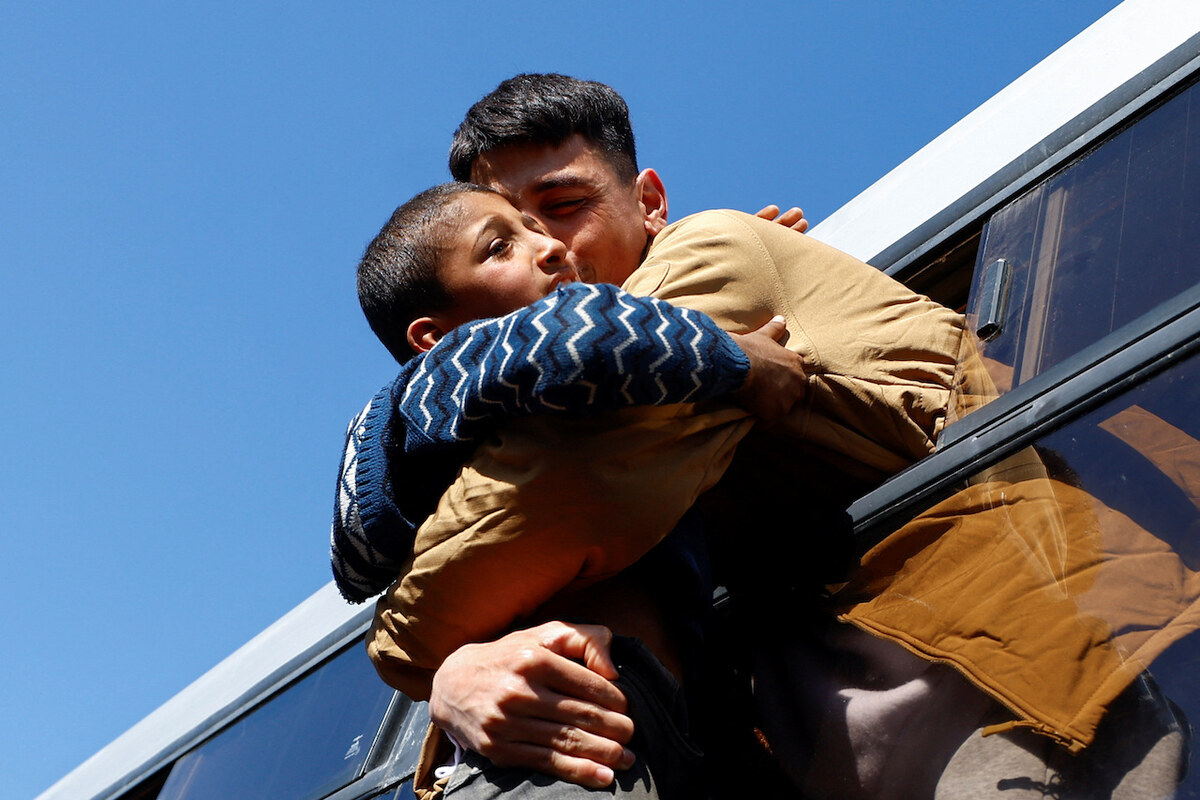DAMASCUS: Moves by the US administration to cut foreign aid funding risk destabilizing two camps in northeastern Syria holding tens of thousands of people accused of affiliation with the Daesh, aid officials, local authorities and diplomats say.
The seven sources said Washington’s funding freezes and staff changes had already disrupted some aid distribution and services in Al-Hol and Roj, which host people who fled cities where Daesh was making its last stand between 2017-2019.
They are “closed camps,” meaning residents were not detained or charged as Daesh extremists but cannot independently leave the camps because of suspicions that they are affiliated with or support the group.
Aid workers and camp officials — led by the Syrian Democratic Forces, a Kurdish-led force that helps run a semi-autonomous zone in northeastern Syria — have long called for the repatriation of camp residents, among them thousands of foreigners including Westerners.
But the rapid changes to US funding streams have prompted contingency plans for the spread of disease, riots, or Daesh attempts to retrieve residents they see as unlawfully detained, two senior humanitarian sources and a Roj resident said, requesting anonymity.
The humanitarian workers were not authorized to speak to the media, and the Roj camp resident had an unauthorized phone used to talk to Reuters.
“If there’s no unfreezing then everything except the camp guards stop. We’re expecting mass rioting and breakout attempts.
Kurdish authorities in the northeast said last month they expected breakout attempts at detention centers holding Daesh fighters and have refused to hand control of them to the new transitional government in Damascus.
The anticipated violence adds to the complex security challenges in Syria, where Islamist rebels installed the transitional government after toppling Bashar Assad and are holding talks with authorities in the northeast to bring all security forces under Damascus’s control.
Sheikhmous Ahmed, head of camps and displaced persons in the autonomous administration of northeast Syria, said US-funded organizations had been crucial in “covering the existing gaps” in basic service provision in the camps.
But if funding halts altogether, Daesh affiliates “can benefit from these existing gaps and lack of support,” he said.
At least one of the organizations operating in the two camps, aid contractor Blumont, has received waivers allowing it to keep operating, said a Blumont official and Al-Hol director Jihan Hanan. The waiver would last the 90 days.
The organization has had to shutter other USAID-funded humanitarian and management services at about 100 unofficial “collective centers” for other displaced people, the Blumont official said.































